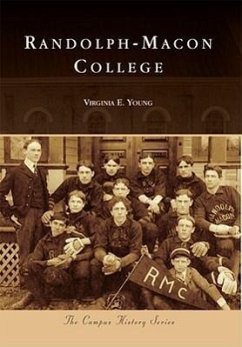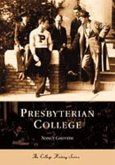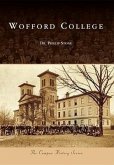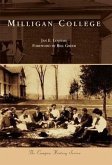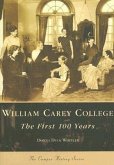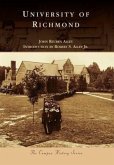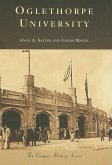Randolph-Macon College was founded as a Methodist-related college in 1830 near Boydton in Mecklenburg County, Virginia. After the Civil War, the college moved along the Richmond, Fredericksburg, and Potomac Railroad tracks to the wooden buildings of a bankrupt resort hotel north of Richmond in Ashland, Virginia. The college was soon known for such innovations as required physical education. Pres. W. W. Smith expanded Randolph-Macon into a system of five institutions, including the women's college in Lynchburg, Virginia. Pres. Robert Emory Blackwell instilled the college philosophy of "hand cultivation" of students, which is still followed today. After World War II, Pres. J. Earl Moreland began building the modern campus. In 1966, African American students were admitted, and though town girls took classes as early as 1893, the college became fully coeducational in 1971. Today the college has grown to over 1,200 students and although still grounded in the liberal arts, majors range from accounting to women's studies.

